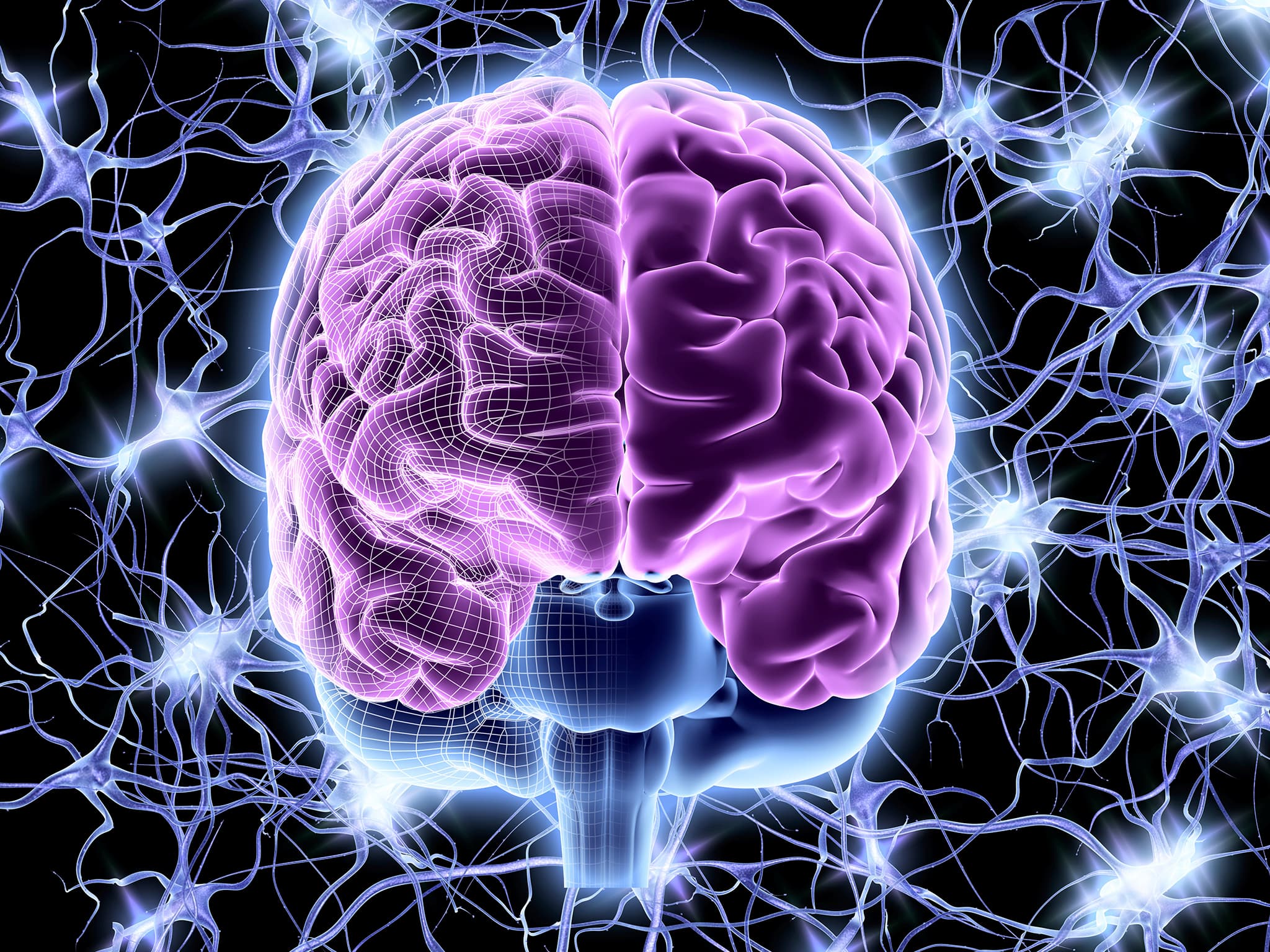Young Again
Earlier this year, scientists from UC Berkeley announced the development of a small-molecule drug that is able to “perk up” aging stem cells in both the brains and muscles of mice. It is hoped that, one day, this discovery may lead to drug treatments that will enable us to rejuvenate aging tissues in the human body. Such advancements may not come about for some time, but thanks to research like this, hope is on the horizon.
The team notes that the drug is able to affect stem cells by interfering with the processes that hinder stem cells from renewing tissues. Specifically, it works by transforming something that is known as growth factor beta 1 (TGF-beta1), a protein that helps control the growth and division (proliferation) of cells.
In the press release, co-author David Schaffer, director of the Berkeley Stem Cell Center, explains the discovery, saying, “We established that you can use a single small molecule to rescue essential function in not only aged brain tissue but aged muscle. That is good news, because if every tissue had a different molecular mechanism for aging, we wouldn’t be able to have a single intervention that rescues the function of multiple tissues.”
The Source of Aging
Aging is partly attributed to the adult stem cell’s failure to replace damaged cells. This stem cell inactivity is due to chemicals that are brought about by the body’s immune system.
Irina Conboy, an associate professor of bioengineering, pinpoints this particular factor in aging, saying that the TGF-beta1 can be altered in such a way so as to effectively reverse the aging process: “Based on our earlier papers, the TGF-beta1 pathway seemed to be one of the main culprits in multi-tissue aging. That one protein, when upregulated, ages multiple stem cells in distinct organs, such as the brain, pancreas, heart and muscle. This is really the first demonstration that we can find a drug that makes the key TGF-beta1 pathway, which is elevated by aging, behave younger, thereby rejuvenating multiple organ systems.”
It's certainly no "cure" for aging, but it does take us one step closer to being able to combat this process.
The team reported their results in the journal Oncotarget.
Share This Article
